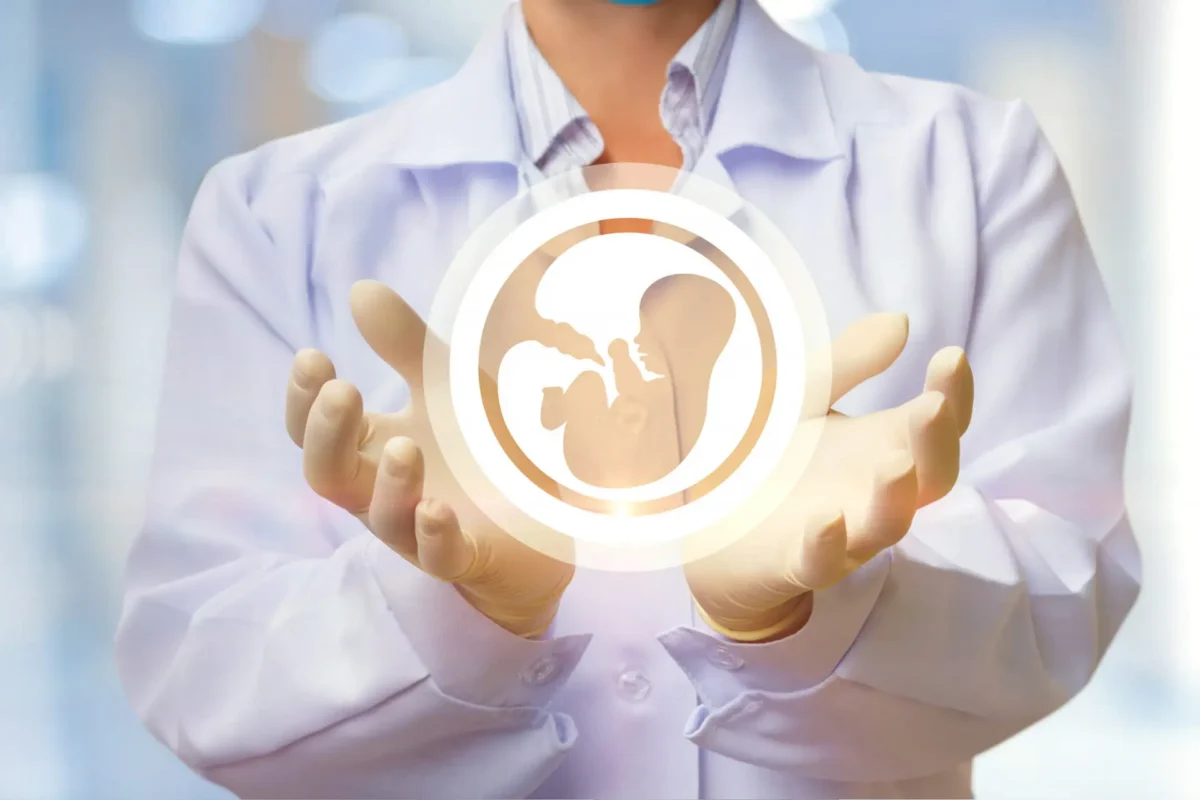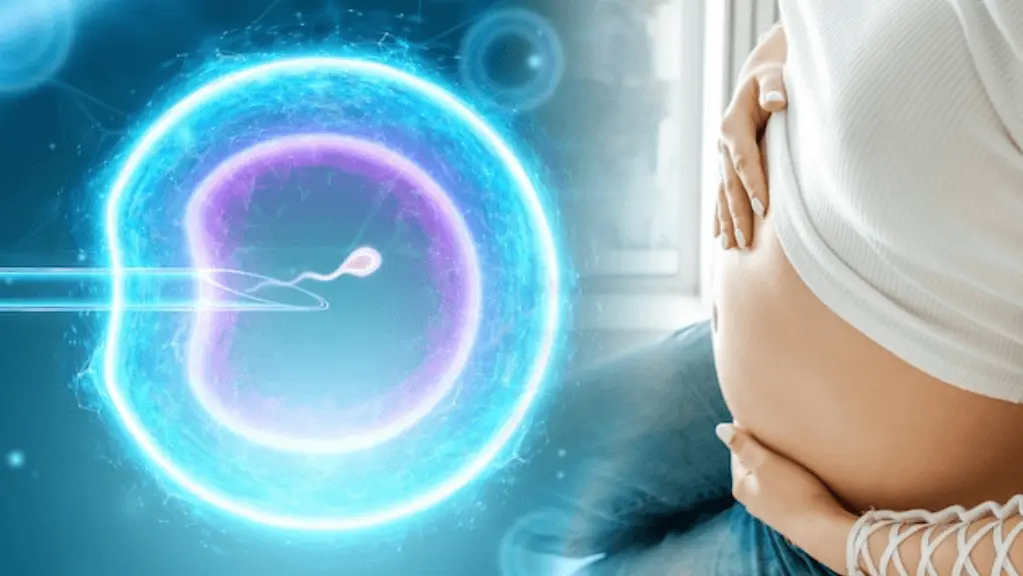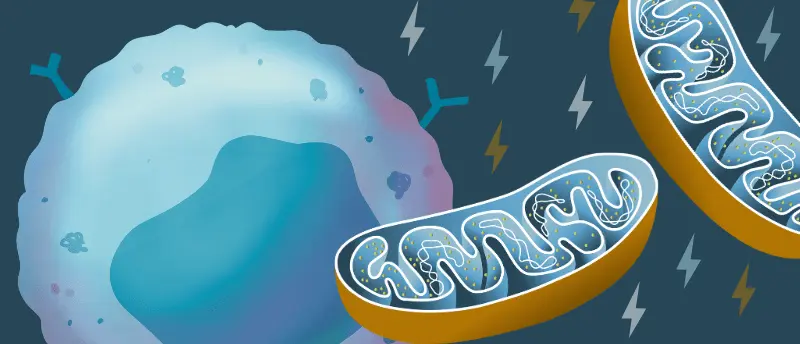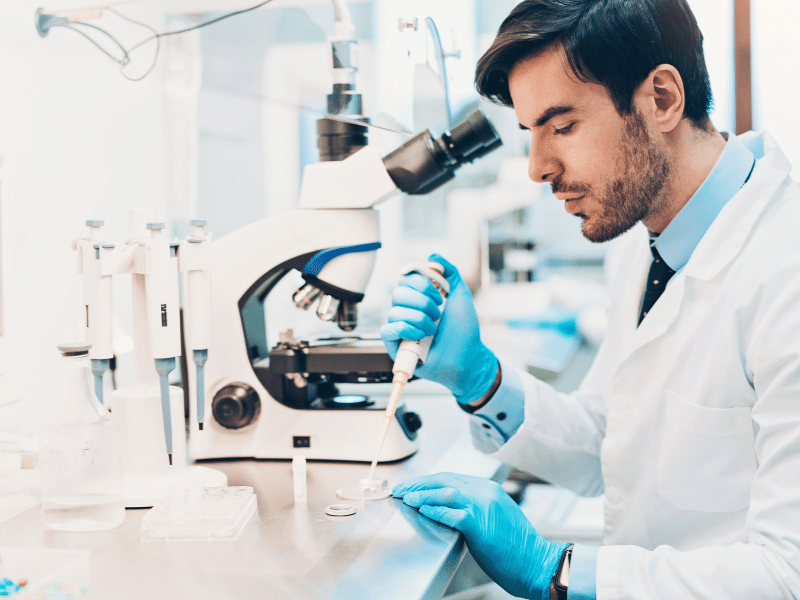Becoming a parent is a deeply personal and often emotional journey—and for some, egg donation opens the door to fulfilling that dream. Whether due to age-related fertility decline, genetic conditions, or other medical reasons, many individuals and couples turn to egg donation as a successful path to pregnancy. As a Saga Clinic In this blog post, we’ll explore what the egg donation process involves, what to expect physically and emotionally, and the current success rates associated with this advanced fertility option. If you’re considering egg donation or simply want to understand it better, this guide will provide clear, compassionate, and up-to-date information to support your decision-making.
Key Considerations When Choosing an Egg Donor
Choosing an egg donor is a significant and often emotional step in the egg donation journey. While medical compatibility is crucial—such as ensuring a good ovarian reserve and absence of genetic diseases—many intended parents also consider physical resemblance, educational background, personality traits, and even hobbies when making their decision. It’s important to work closely with a reputable fertility clinic or egg donation agency that provides thorough screening processes, including psychological evaluations and genetic testing. Equally important is reflecting on your own values and expectations to ensure the donor you choose aligns with your vision of family. Ultimately, the right donor is one who not only meets medical criteria but also feels right to you on a deeper, intuitive level.
Step-by-Step Process of Egg Donation Process IVF
The egg donation IVF process involves several carefully coordinated steps to maximize the chances of a successful pregnancy. It begins with selecting a suitable egg donor, who then undergoes hormone stimulation to produce multiple mature eggs. Once the eggs are retrieved, they are fertilized in a laboratory with sperm from the intended father or a donor. The resulting embryos are monitored for development, and one or more high-quality embryos are selected for transfer into the recipient’s uterus. Prior to the transfer, the recipient undergoes endometrial preparation with hormonal medications to ensure the uterine lining is receptive. After the embryo transfer, a short waiting period follows before a pregnancy test confirms the outcome. Each stage is guided by fertility specialists to ensure safety, precision, and the highest possible success rates.
Pregnancy Differences and Success Rate Insights
Pregnancy achieved through egg donation can feel physically similar to a natural pregnancy, but emotionally, it may carry unique experiences—especially for those coming to terms with using a donor egg. Since the genetic material comes from the donor, there may be initial concerns about bonding or identity, but many parents report deep emotional connections from the very beginning of pregnancy. Medically, egg donation often offers higher success rates, particularly for women over 40 or those with diminished ovarian reserve. Success rates can vary depending on factors such as the age and health of the donor, the quality of the sperm, and the clinic’s expertise, but many programs report live birth rates between 50% and 70% per transfer. Thanks to these promising outcomes, egg donation has become one of the most effective fertility treatments available today.
Egg donation offers a hopeful and effective path to parenthood for individuals and couples facing fertility challenges. While the journey involves important emotional and medical considerations, advancements in IVF technology and donor screening have made this process increasingly successful and accessible. By understanding each step—from choosing the right donor to embryo transfer and beyond—you can move forward with confidence and clarity. For many, the result is not just a positive pregnancy test, but the beginning of a deeply cherished new chapter in life.














